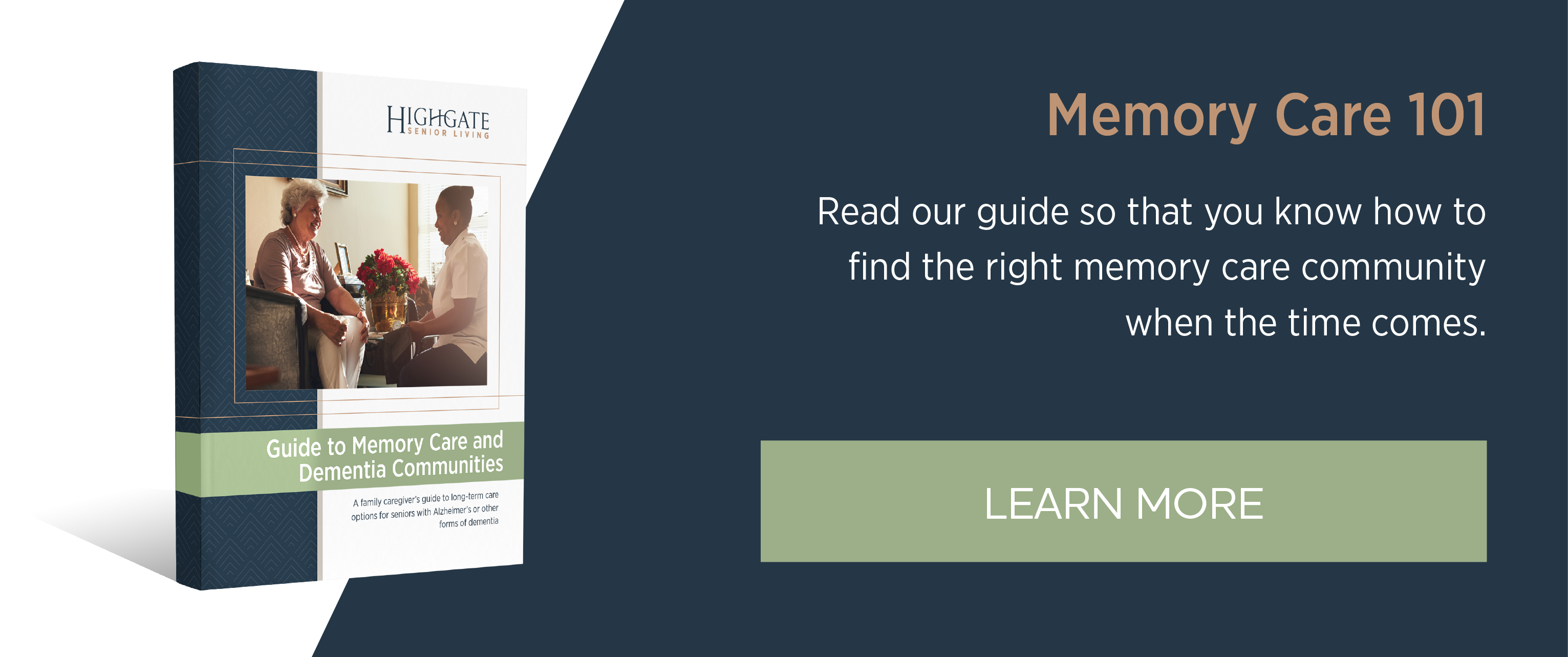 If your loved one has dementia, there will come a day when they need more help than can be safely provided at home. Although you have many residential care options, dementia care facilities provide a distinct form of long-term care designed to meet the specific needs of a person with Alzheimer’s disease, dementia or other types of memory problems.
If your loved one has dementia, there will come a day when they need more help than can be safely provided at home. Although you have many residential care options, dementia care facilities provide a distinct form of long-term care designed to meet the specific needs of a person with Alzheimer’s disease, dementia or other types of memory problems.
Dementia care facilities are staffed by people who have received specialized training in care needs for people with dementia, offer programming that caters to the needs of people with memory problems, and take safety measures, such as securing exits, to meet the specific needs of individuals with Alzheimer's and other dementias.
Finding the right memory care community for your loved one will come down to many factors, including finances, location, and other issues unique to you and your loved one’s situation, but there are some basic guidelines to follow that will help make the decision easier.
Understand Your Loved One’s Needs
Dementia is a progressive disease, which means your loved one’s needs will change over time. In the early stages of the disease, your loved one might need in-home care services and benefit from the structured activities and programs at an adult day center. During the later stages, your loved one may need skilled nursing care and 24-hour supervision to keep them safe.
It’s important to understand the particular special care needs of your loved one so you can ask specific questions about what type of care is provided to ensure the level of care is appropriate.
For example, if your loved one wanders, ask what safety systems the dementia care facility has in place. Some places might have alarms on the elevators and doors, while other dementia care facilities might have residents wear wrist or ankle bracelets that set off alarms if they leave the unit.
Aggressive behaviors are also among people with dementia, and the best dementia care facilities have staff that knows how to handle disruptive behaviors and emotional outbursts without the use of physical or chemical restraints. Ask if the staff has received training to care for residents with behavioral needs, such as late-day confusion or agitation (also known as sundowner’s syndrome).
Pull the Paperwork
As you search for dementia care facilities, you will eventually come up with a list of your top choices. Find out about each facility’s licensure and certification and verify it has the appropriate state licensure and Medicare and Medicaid certifications.
All dementia care facilities are surveyed once a year by the state’s licensing or regulatory agencies, so read the most recent audit care report to determine if the facility had problems and if they’ve been corrected along with areas that have gotten better in recent years.
Tour Many Dementia Care Facilities
The best way to find out if a dementia care facility is right for your loved one is to go see it for yourself. Plan on visiting several dementia care facilities multiple times. Go at different times throughout at the day, including mealtimes, and drop in unannounced at least once to make sure the first tour wasn’t just a sales pitch.
When visiting dementia care facilities, make sure the environment is not only free of unpleasant odors, clean and safe but also that it is designed for people with dementia. For example, look for clues that promote independence for the residents, such as a color-coded path for finding the way back to a common area or personal mementos on room doors to help residents recognize their rooms should they become confused.
While you’re there, observe the residents to see if they’re well-groomed, clean and dressed appropriately and if they seem comfortable, relaxed and involved in activities. Observe the staff to see if they recognize persons with dementia as unique individuals and provide personal care with respect and dignity.
If you pop in unannounced on the weekend and see a resident still in their pajamas after lunch or notice that an activity listed on the schedule isn’t taking place, it might be a warning sign.
Ask About Family Involvement
The best dementia care facilities encourage families to participate in care planning and communicate with the staff and inform them of changes in their loved one’s condition and care needs. When considering communities, learn when care plan meetings are held and how the community includes family members who can help the staff better understand the personal history of the person with dementia. This ensures care is personalized to meet your loved one’s specific needs, abilities and interests.
In addition to learning how family and friends are able to participate in care, ask if there is a designated family visiting area, if family and friends are able to join at mealtime, and if there are certain visiting hours policies and procedures. Some dementia care facilities also offer support services and educational programs to family members.
Choosing the right dementia care facility might seem overwhelming, but if you ask the right questions and know what to look for, you can find the best fit for your loved one.






